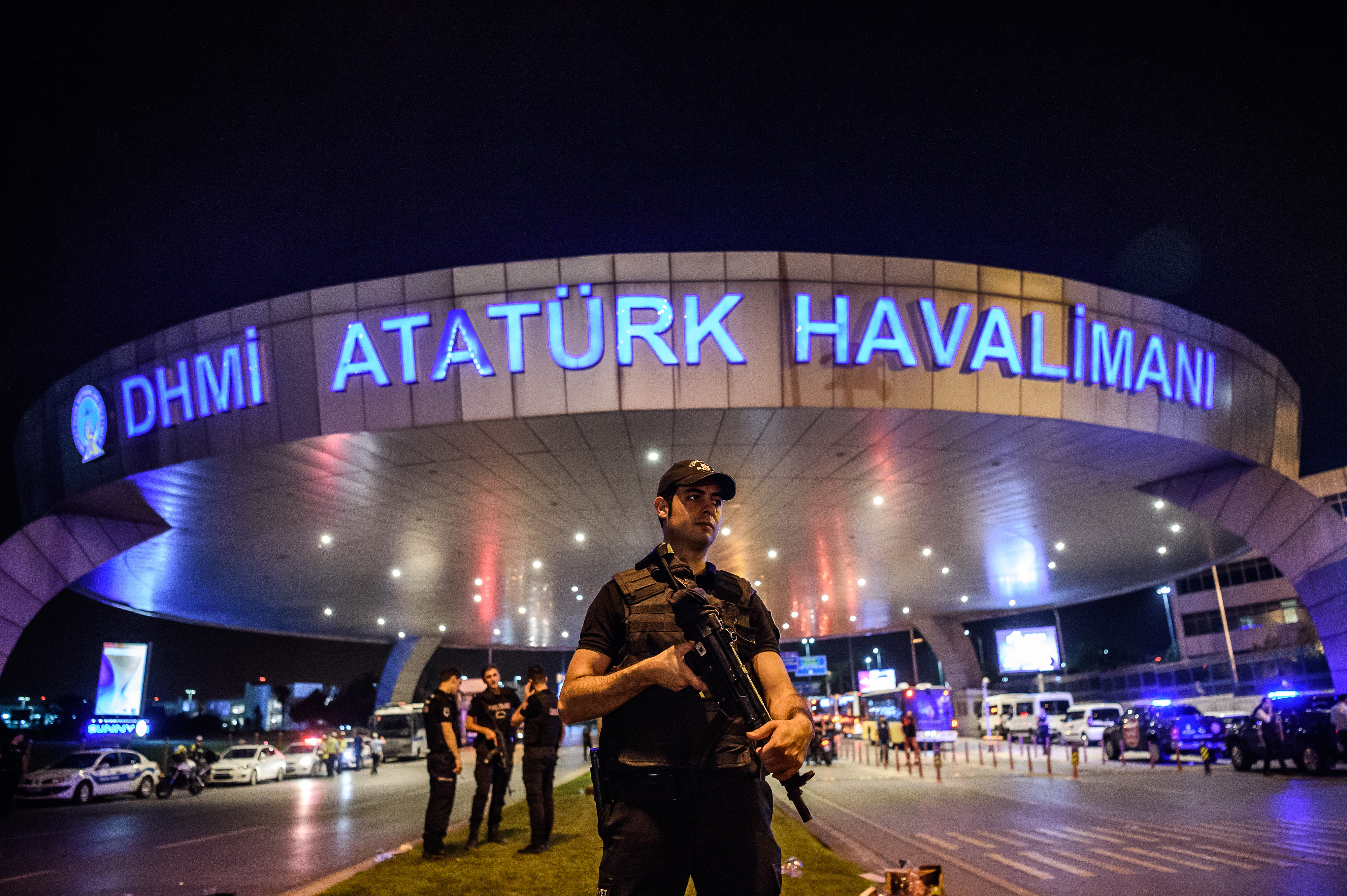Terror attack in Istanbul
Another terror attack after Brussels. Yesterday it was the turn of “Ataturk” airport in Istanbul, the largest city in Turkey. The death toll of the massacre is of at least 36, with over 140 wounded. The modus operandi of the suicide bombers recalls the well-organized and coordinated attack of March 22 at Zaventem airport in Brussels, claimed by ISIS. Upon closer reflection it appears that the attack could be the response of Caliph al Baghdadi to Turkish Sultan Erdogan, who after having supported ISIS – more or less openly – has now decided fight it. A choice of sides paid with blood

Another terror attack after Brussels: yesterday it was the turn of “Ataturk” airport in Istanbul, the largest city in Turkey. The death toll of the massacre is of at least 36, with over 140 wounded. The terrorist commando – seven according to the Turkish police – arrived at the airport and opened fire on the crowd, after which the three terrorists blew themselves up. The modus operandi of the suicide bombers recalls the well-organized and coordinated attack of March 22 at Zaventem airport in Brussels. There’s no claim of responsibility yet. However, as Turkish Premier Binali Yıldırım remarked, ISIS is the top suspect.
Yesterday’s attack is but the last of a long series of attacks afflicting the Country led by the Sultan, Recep Tayyip Erdogan: three in Istanbul in the first six months of 2016. Terror attacks have been perpetrated also by Kurdish activists who have been struggling to obtain independence for years, in addition to those claimed by ISIS, which, it should be recalled, has deep roots in Turkey, constituting their main passageway towards the Syrian and Iraqi territories. We should not forget the massacres in Ankara, that left 34 dead and 125 wounded past March 13, of which the PKK Kurds are considered the perpetrators, and before then, on February 17, a large explosion targeting a military left 28 dead and 60 wounded.
The massacre at “Ataturk” airport, despite these tragic precedents, caught Turkey by surprise while engaged in changing its military course, marked by too many ambiguities. In fact, as of 2011, the Country’s political strategy in the region featured Erdogan’s negotiations with PKK Kurdish factions, eventually interrupted when the latter turned out to be the primary enemies of the Islamic State and its cutthroats, on which the Turkish president counted to tear down Assad’s regime.
It’s a blatant contradiction for the leader of a NATO-member Country capable of doing business with ISIS (oil, foreign fighters…), of striking a deal with the EU – to take back all migrants and refugees in exchange for million-euro worth concessions -, of threatening those Western Countries that recognize the Armenian genocide, of reaching agreements with Hamas and negotiating deals with Israel – meant as a bulwark against Iran – ensuing the tensions resulting from Israel’s military raid on the Turkish ship “Mavi Marmara.” Not to mention the Sultan’s apologies to Putin for having shot down a Russian jet along the Syrian border.
Such agreements and rapprochements signal Turkey’s change of pace due to US and Russian pressure. The air raids of the two super-powers have wiped off oil wells, thereby eliminating ISIS’ financial strength and enabling the Turkish army to control the border crossings. In turn, Ankara has been bombing Isis headquarters northwest of Aleppo, while on the internal front, it has already launched various anti-terrorist operations.
Abandoning the Islamic state and its cutthroats, drawing closer to Russia and Israel and, internally, trying to regain the trust of national armed forces, are tantamount to a specific choice of field of the Sultan, now more than ever hostile to the Caliph that responded with more bloodshed.
The response to those who intend to isolate and attack Turkey includes clear, transparent policies based on cooperation and collaboration. The time of ambiguities is over.